Artificial Intelligence (AI) is no longer a futuristic concept confined to science fiction; it has become a critical force reshaping industries around the globe. From automating routine tasks to unlocking new insights through data analysis, AI is transforming the way businesses operate, making them more efficient, competitive, and innovative. This comprehensive guide explores how AI is revolutionizing multiple industries, driving advancements, and creating new opportunities.
The Future of AI: How Artificial Intelligence is Transforming Industries
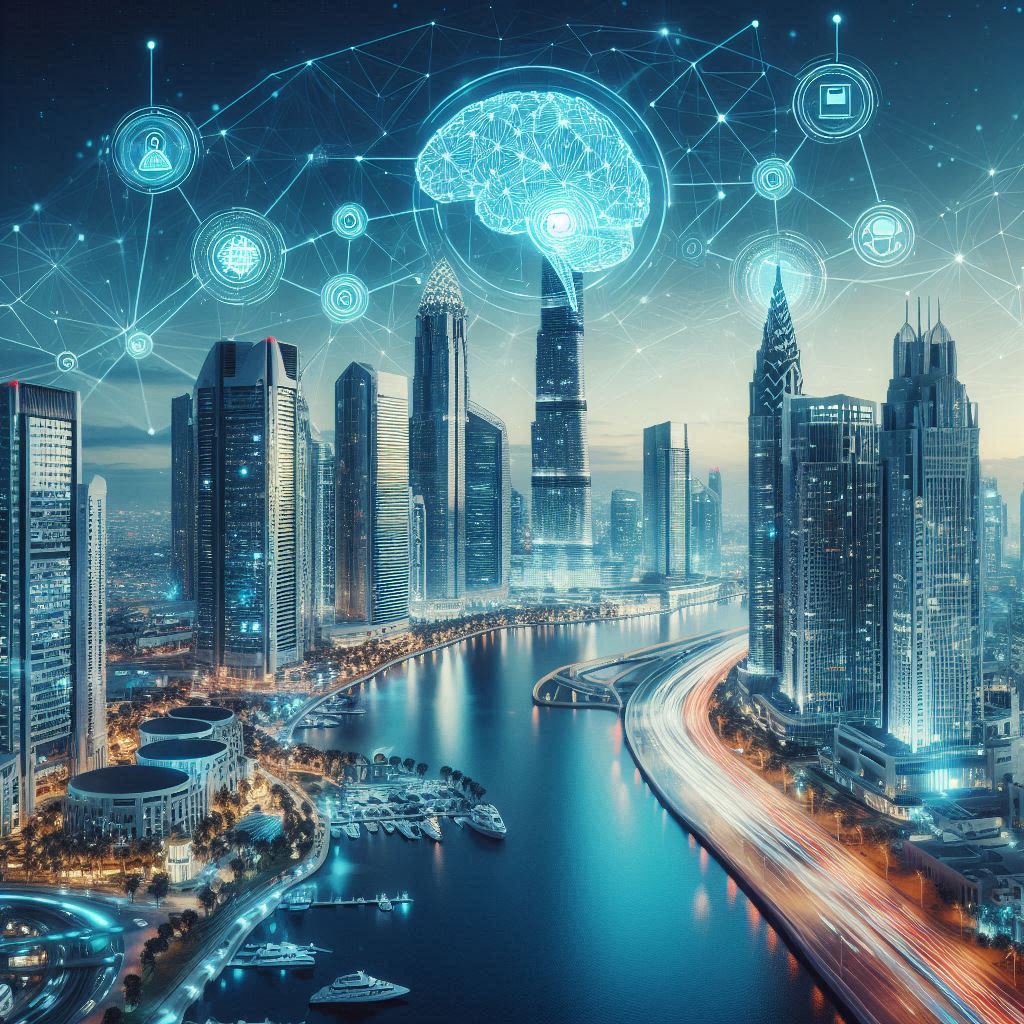
AI in Healthcare: Revolutionizing Patient Care
One of the most profound impacts of AI has been witnessed in healthcare. AI-powered tools are enhancing diagnostic accuracy, streamlining administrative tasks, and providing personalized treatment plans.
- Improved Diagnostics: AI algorithms can analyze medical images, such as X-rays and MRIs, more efficiently than humans. By recognizing patterns, these algorithms detect diseases like cancer at earlier stages, improving patient outcomes.
- Drug Discovery: Traditional drug development can take years, but AI accelerates this process by analyzing vast datasets to predict how different compounds will interact with the body.
- Robotic Surgery: AI-driven robots assist surgeons by performing precise movements, leading to fewer complications and quicker recovery times for patients.
The integration of AI into healthcare not only reduces errors but also enhances the overall patient experience, ensuring more accurate diagnoses and treatment plans.

AI in Manufacturing: Driving Efficiency and Innovation
The manufacturing industry is benefiting greatly from AI, particularly through automation and predictive maintenance. AI enables manufacturers to streamline production, reduce downtime, and improve product quality.
- Predictive Maintenance: AI systems can predict machinery failures before they happen, allowing for repairs to be scheduled without disrupting the production line. This reduces maintenance costs and minimizes unplanned downtime.
- Quality Control: AI-powered cameras and sensors detect defects in real-time, ensuring that only high-quality products move forward in the supply chain. This level of precision minimizes waste and boosts customer satisfaction.
- Smart Factories: AI enables the creation of smart factories where machines communicate with each other, optimize energy consumption, and self-adjust to maximize efficiency.
As AI continues to evolve, the manufacturing industry is poised to become more sustainable, productive, and innovative.
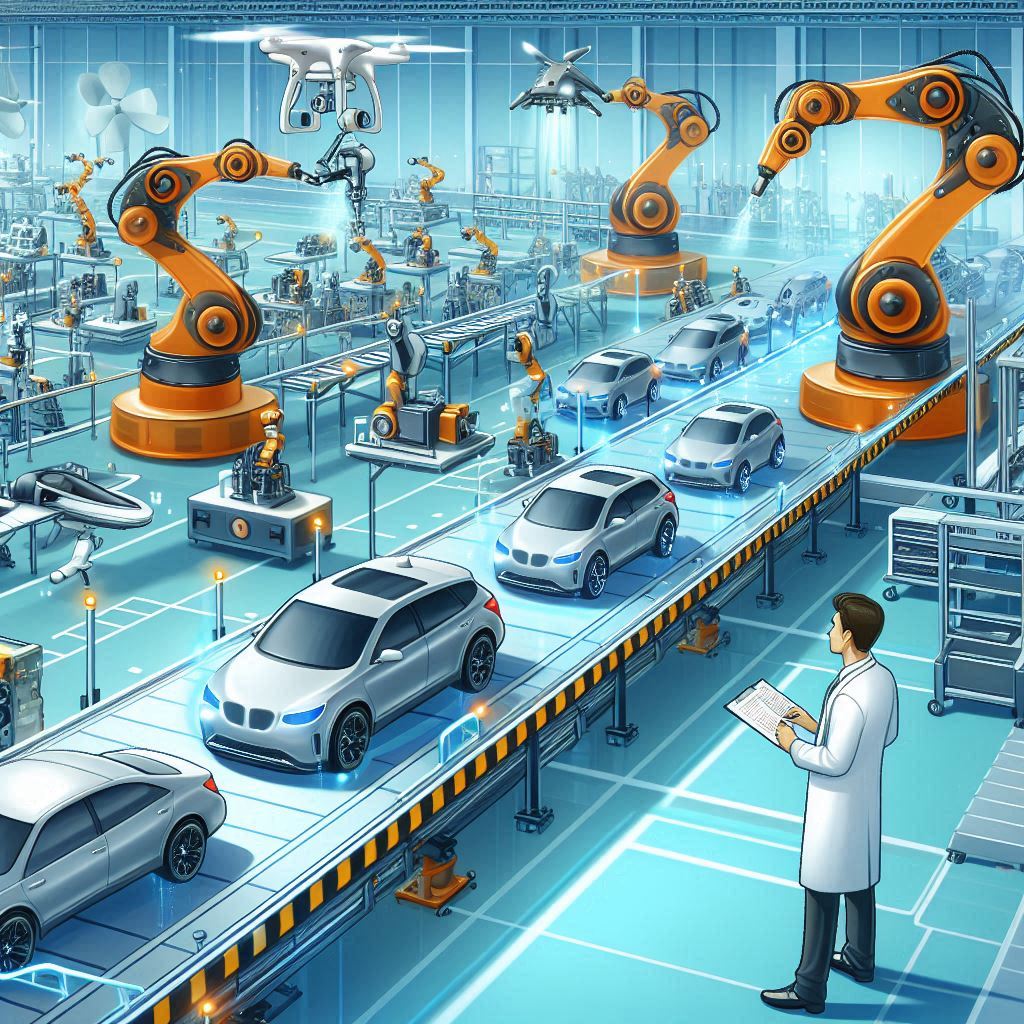
AI in Finance: Enhancing Security and Decision-Making
The financial sector has embraced AI to enhance decision-making, fraud detection, and customer experience. By leveraging AI, financial institutions are able to process vast amounts of data quickly and accurately, leading to better outcomes for both businesses and consumers.
- Fraud Detection: AI algorithms monitor transaction patterns to detect anomalies that could indicate fraud. This real-time monitoring helps financial institutions respond to threats quickly, reducing potential losses.
- Algorithmic Trading: AI models are used to analyze market data and predict stock movements. This allows traders to make more informed decisions and execute trades at the most opportune times.
- Customer Service: AI-driven chatbots and virtual assistants are becoming a staple in banking, providing 24/7 support and helping customers with routine tasks like checking account balances or transferring funds.
By automating these processes, AI helps financial institutions save time and money, while also enhancing security and customer satisfaction.
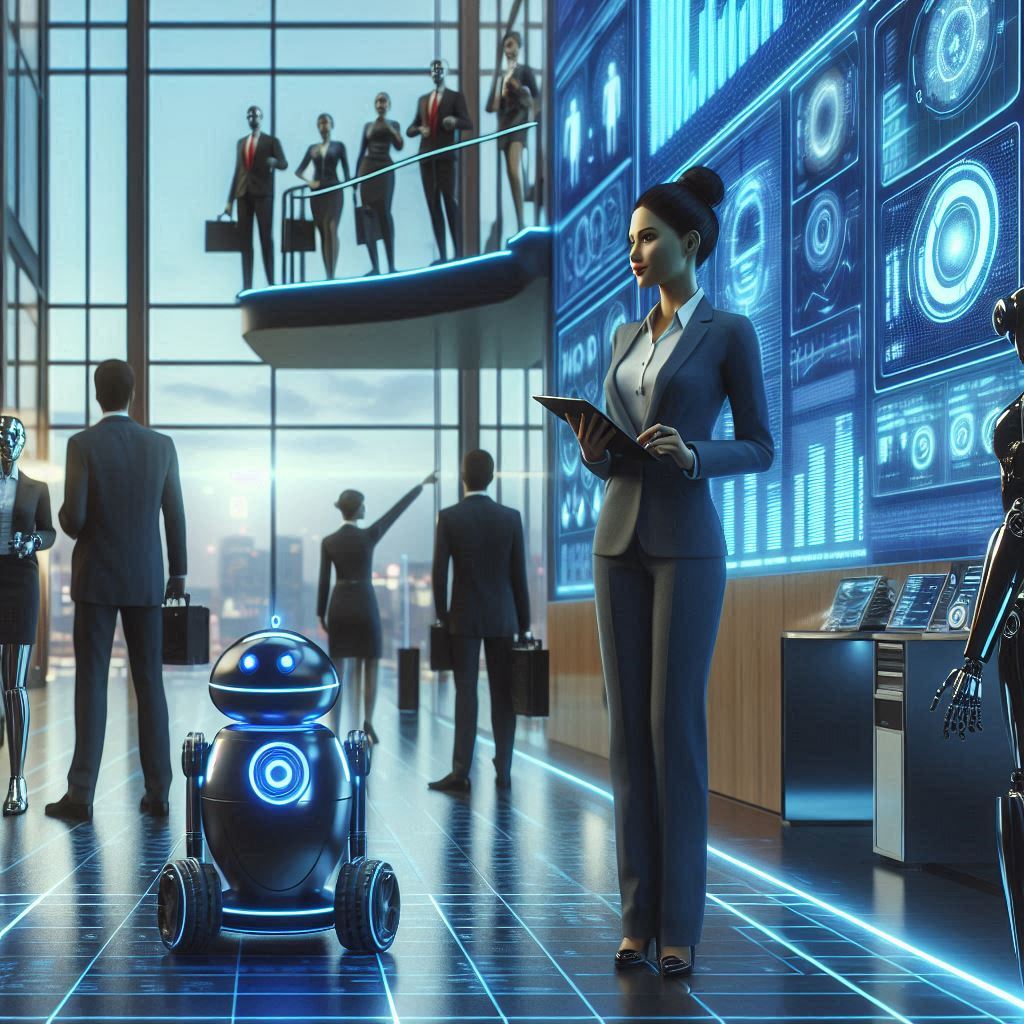
AI in Retail: Personalizing the Shopping Experience
Retailers are using AI to improve both the online and in-store shopping experience, providing customers with personalized recommendations and optimizing inventory management.
- Personalized Recommendations: AI algorithms analyze customer data, such as browsing history and past purchases, to suggest products that are more likely to interest the shopper. This not only boosts sales but also enhances customer loyalty.
- Supply Chain Optimization: AI enables retailers to track and manage inventory in real-time. Predictive algorithms ensure that products are restocked when needed, reducing stockouts and overstock situations.
- AI-Powered Customer Service: Virtual assistants and AI-driven chatbots answer customer queries, resolve issues, and even assist with product selection, creating a seamless shopping experience.
AI has revolutionized the retail landscape by making it more responsive to customer needs, while also ensuring that businesses operate more efficiently.
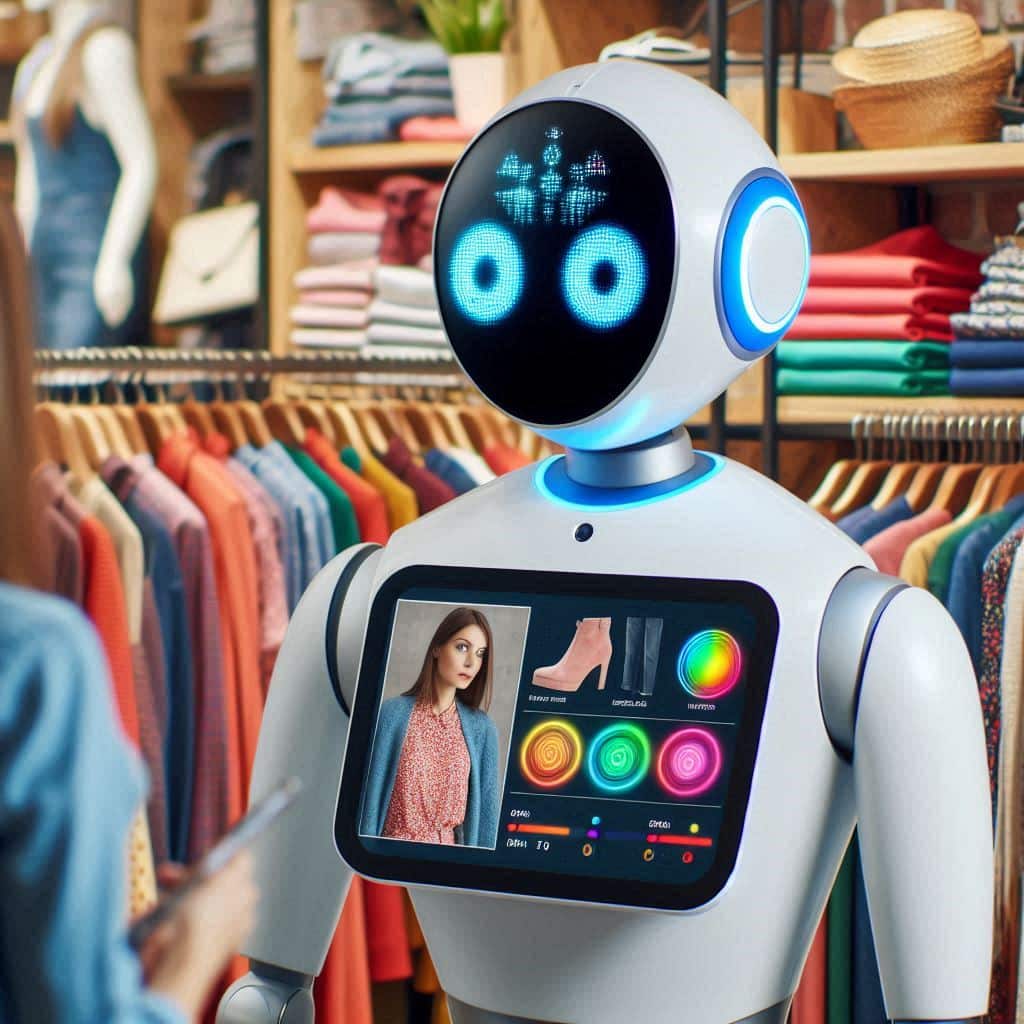
AI in Transportation: Driving the Future of Mobility
The transportation industry is undergoing a massive transformation with the integration of AI, particularly in the areas of autonomous vehicles and traffic management.
- Autonomous Vehicles: Self-driving cars use AI to navigate roads, avoid obstacles, and make split-second decisions to ensure the safety of passengers. As AI technology improves, the adoption of autonomous vehicles will likely reduce traffic accidents and improve mobility.
- Traffic Management: AI-powered systems are already being used in cities to optimize traffic flow by adjusting traffic signals in real-time based on current conditions. This reduces congestion and improves commute times.
- Predictive Maintenance in Aviation: Similar to manufacturing, AI in aviation helps monitor aircraft health, predicting when components will fail and allowing for maintenance to be conducted before breakdowns occur.
AI in transportation is not only improving efficiency but also contributing to a safer and more sustainable future.
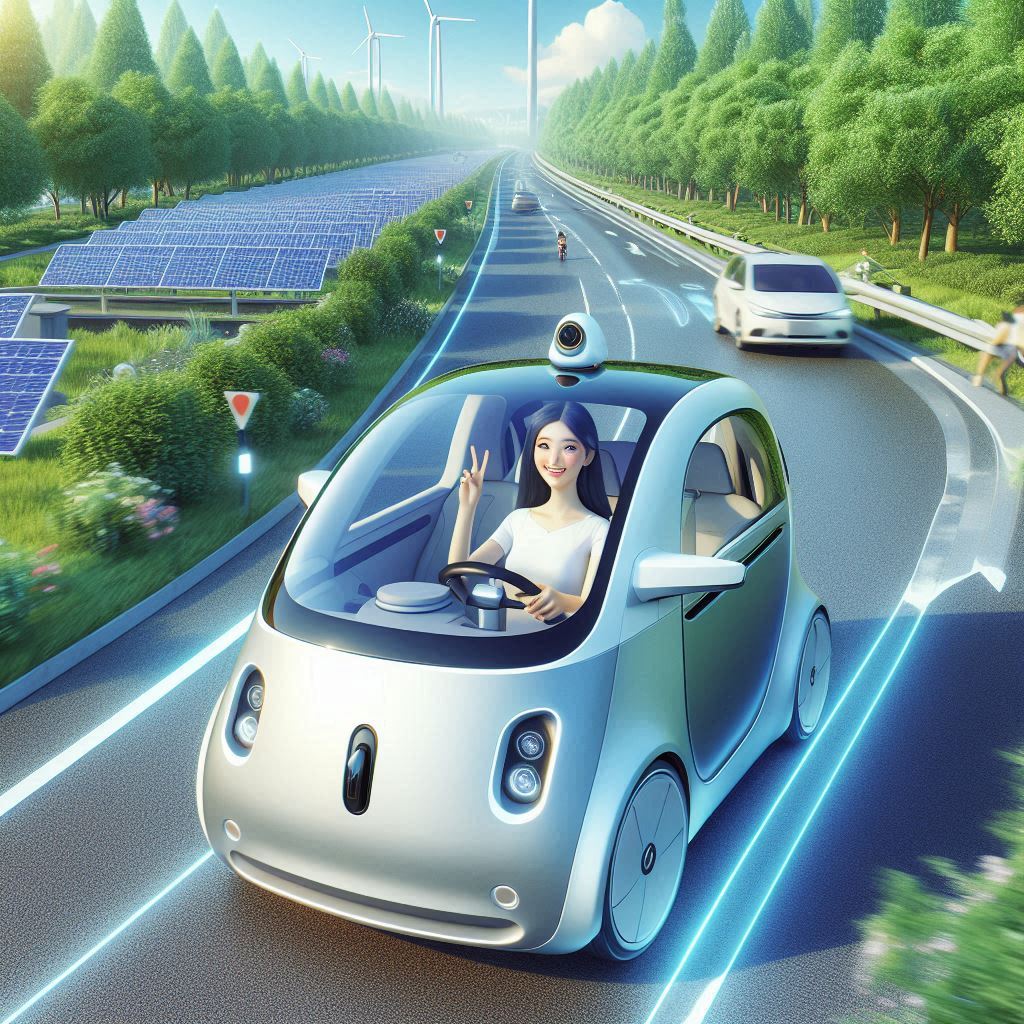
AI in Education: Personalizing Learning
AI has the potential to transform education by providing personalized learning experiences and improving administrative efficiency. From intelligent tutoring systems to AI-driven analytics, the education sector is set for significant advancements.
- Personalized Learning: AI systems can analyze a student’s strengths and weaknesses and tailor lesson plans accordingly. This ensures that students receive the support they need, helping them reach their full potential.
- Administrative Automation: AI can handle tasks such as grading and scheduling, allowing educators to focus more on teaching and student engagement.
- Virtual Classrooms: AI-powered virtual assistants help students with coursework, answer questions, and provide resources, ensuring that learning is continuous, even in remote settings.
By personalizing learning and automating administrative tasks, AI is making education more accessible, efficient, and effective.
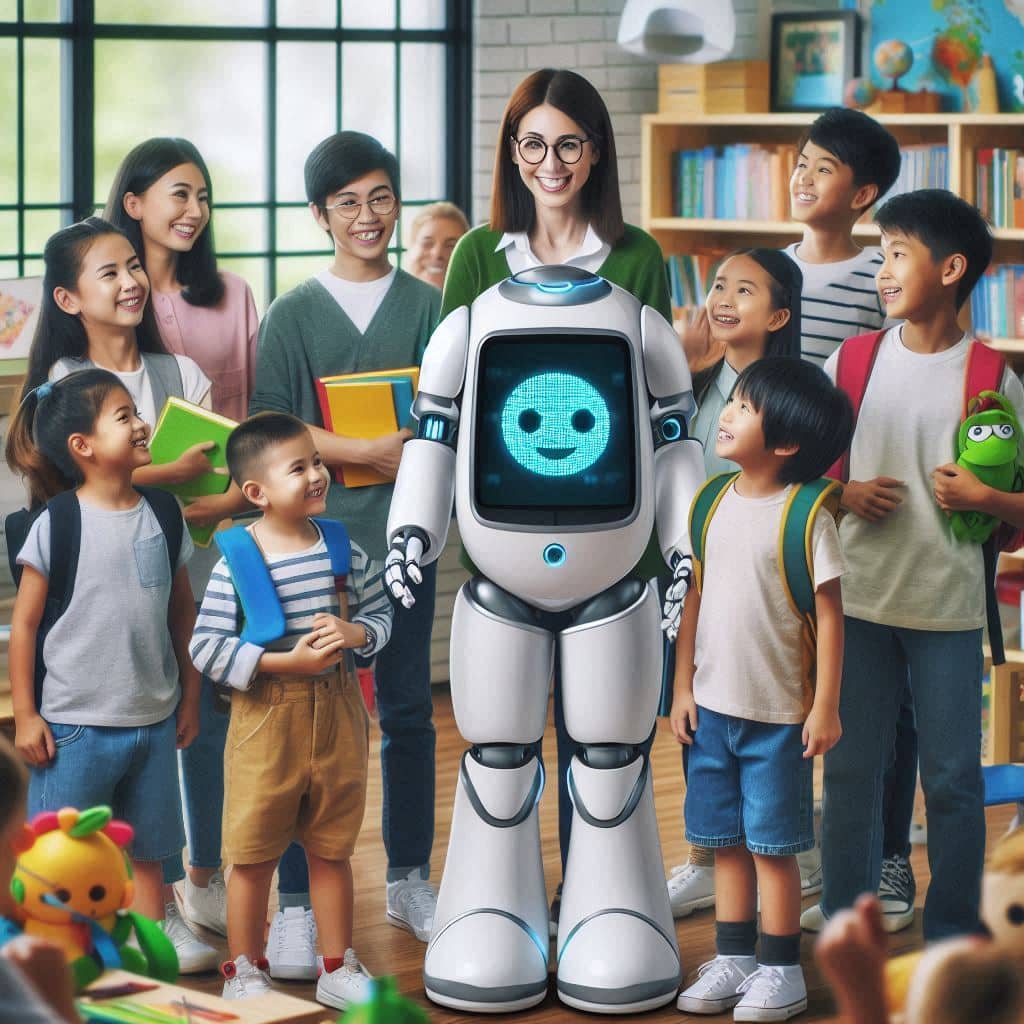
AI in Agriculture: Boosting Productivity and Sustainability
AI is revolutionizing agriculture, making farming practices more efficient, sustainable, and profitable. From precision farming to autonomous equipment, AI is driving significant innovations in this sector.
- Precision Agriculture: AI systems use data from satellites and drones to monitor crop health, soil conditions, and weather patterns. This allows farmers to make informed decisions about when to plant, irrigate, and harvest crops.
- Autonomous Equipment: Self-driving tractors and drones equipped with AI technology are transforming farming by performing tasks such as planting and spraying with greater precision, reducing the need for manual labor.
- Pest and Disease Detection: AI-powered sensors can detect early signs of pest infestations or diseases in crops, allowing farmers to take preventative measures before large-scale damage occurs.
By integrating AI into farming, the agriculture industry is becoming more productive and environmentally friendly, helping to meet the growing demand for food in a sustainable way.
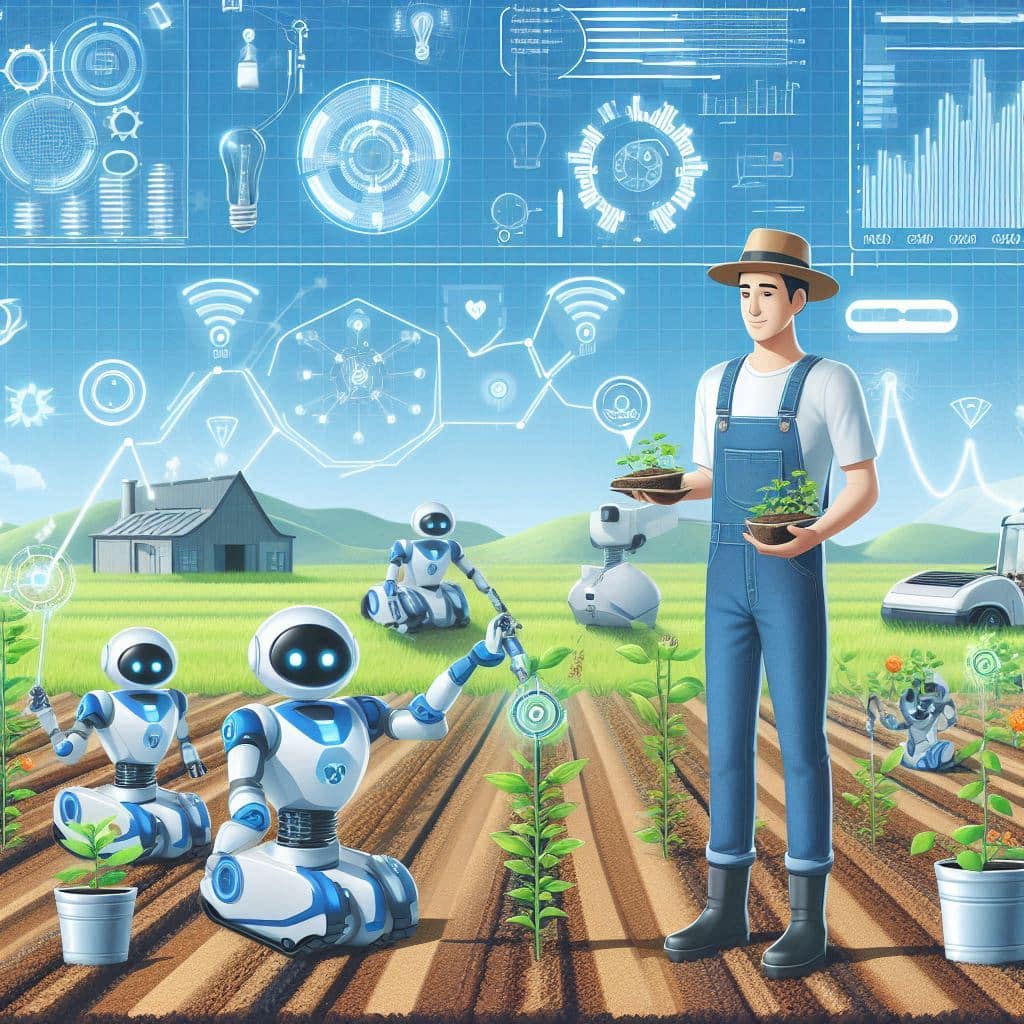
Conclusion
AI is no longer a speculative technology—it is a transformative force shaping industries across the board. From healthcare to agriculture, the potential applications of AI are endless, and its impact will only continue to grow. As businesses and industries adopt AI, they will become more efficient, innovative, and competitive, positioning themselves for a future where AI is central to success.
If you want to read more information about how to boost traffic on your Website just visit –> The Insider’s Views.
AI is revolutionizing various industries, including agriculture. By integrating AI into farming practices, the agriculture industry is experiencing increased productivity and sustainability. The impact of AI extends beyond agriculture, with its transformative power being recognized in healthcare and other sectors. As businesses and industries embrace AI, they gain a competitive edge and pave the way for a future where AI plays a central role in their success.

